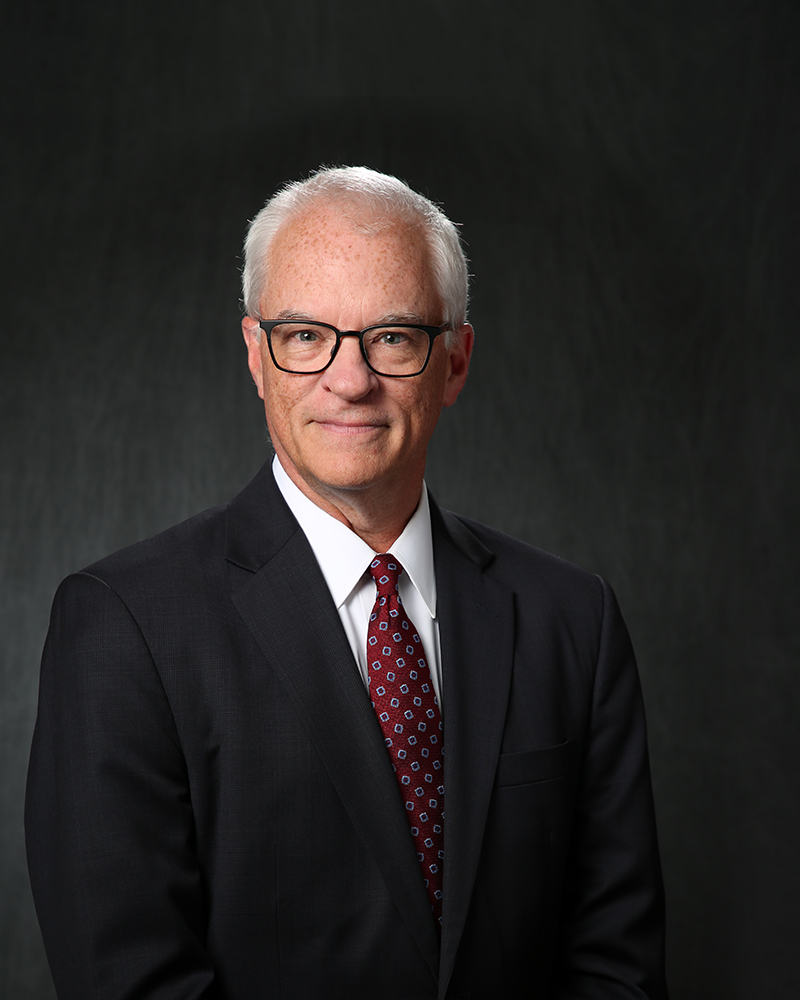In two recent decisions, the Supreme Court resolved circuit splits regarding the requirements for filing a copyright infringement suit and what costs a prevailing party can recover in such litigation. In Fourth Estate Public Benefit Corporation v. Wall-Street.com, the Court held that a copyright registration – not an application for registration – is the prerequisite for filing suit. In Rimini Street v Oracle USA, it ruled that “full costs” means only the “full” amount of costs available in the general federal costs statutes.
“The Court essentially concluded that the terms “full” and “made” in the Copyright Act mean what they say,” says Kevin Parks, a shareholder in Leydig’s Chicago office.
Registration required before filing copyright infringement suit
The Copyright Act provides that a copyright owner cannot bring an infringement suit in federal court until “registration of the copyright claim has been made” with the Copyright Office.
Different circuits had reached competing conclusions as to when registration “has been made.” The U.S. Courts of Appeals for the Fifth and Ninth Circuits took the position that “registration … has been made” upon the owner’s initial submission of an application, fees, and supporting materials to the Copyright Office. The Tenth and Eleventh Circuits concluded that the Copyright Office must either issue a certificate of registration or reject an application before the owner may file suit.
In a unanimous opinion written by Justice Ruth Bader Ginsburg, the Court agreed with the latter interpretation. Affirming the Eleventh Circuit’s decision in Fourth Estate, the Court held that opening sentences of Section 411(a) of the Copyright Act “focus not on the claimant’s act of applying for registration, but on action by the Copyright Office – namely, its registration or refusal to register a copyright claim.”
Ginsburg acknowledged this interpretation might burden copyright owners with administrative delays before they can enforce their rights, but noted that such delays cannot change the language or meaning of the law.
“Delays, in large part, are the result of Copyright Office staffing and budgetary shortages that Congress can alleviate, but courts cannot cure,” she wrote. “Unfortunate as the current administrative lag may be, that factor does not allow this Court to revise §411(a)’s congressionally composed text.”
The Court’s decision will likely lead to an uptick in applications for registration, as owners want to be in a position to assert their rights as quickly as possible, Parks anticipates.
“Not only will there be more registration of new works, but companies with large portfolios of creative works may take stock of their existing inventories and file applications to ensure that they can bring suit immediately when an infringement occurs,” Parks says. “This may have the ironic effect of increasing existing delays in the issuance of registrations.”
Prevailing parties cannot recover non-taxable costs in copyright litigation
In another unanimous ruling resolving a circuit split, the Court held that prevailing parties in copyright litigation can only recover those costs specifically enumerated in the costs provisions of the Federal Rules of Judicial Procedure.
At issue was the language in the Copyright Act providing for a winning litigant’s recovery of “full costs.” In Rimini Street, the U.S. Court of Appeals for the Ninth Circuit had affirmed an award of costs in favor of Oracle for expenses, including expert fees, consultant fees, and electronic discovery costs, none of which are listed in the general costs statutes. The Ninth Circuit’s broad interpretation of “full costs” put it at odds with the Eighth and Eleventh Circuits, which had limited recoveries to taxable costs.
Writing for the Court, Justice Brett Kavanaugh rebuked the Ninth Circuit’s expansive view, holding that “The word ‘full’ operates in the phrase ‘full costs’ just as it operates in other common phrases: A ‘full moon’ means the moon, not Mars. A ‘full breakfast’ means breakfast, not lunch. A ‘full season ticket plan’ means tickets, not hot dogs. So too, the term ‘full costs’ means costs, not other expenses.”
While the Court’s clarification is useful, Parks does not expect material changes in copyright practice because of the ruling.
“The amount of costs a party may receive or have assessed against them has not been a driver of copyright litigation,” he says. “I do not expect potential litigants to become either more trigger-happy or gun-shy because of Rimini Street.”

